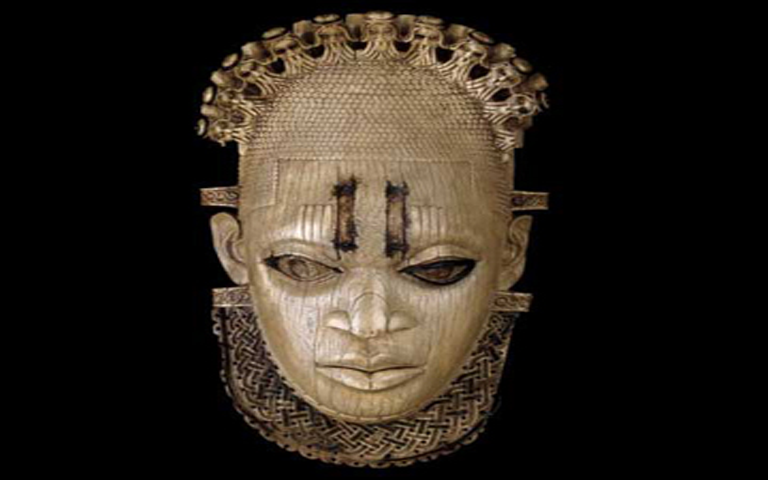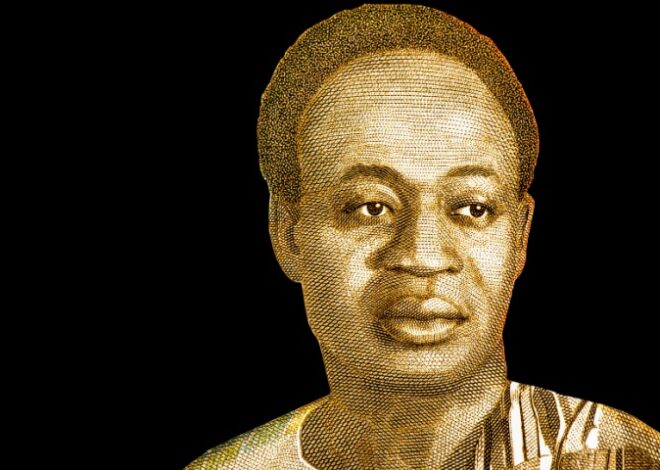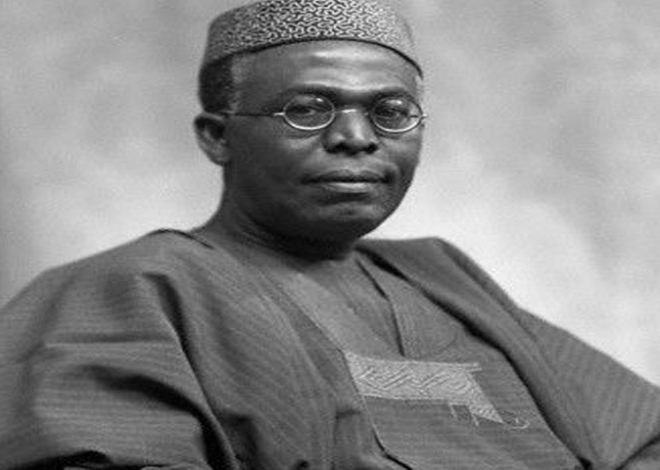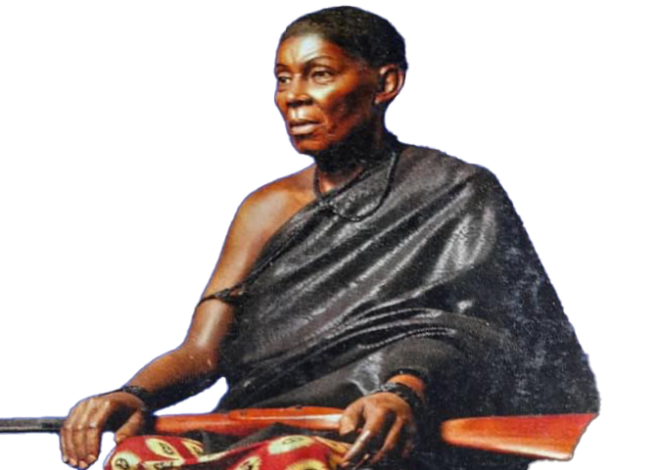
The History of Oduduwa
The Founding Father of the Yoruba Nation
Few figures hold as central a place in the rich tapestry of African history as Oduduwa, the revered progenitor of the Yoruba people. His story is woven into the fabric of Yoruba culture and identity, embodying a legacy that has shaped the history and traditions of one of West Africa’s most prominent ethnic groups. This article delves into the life and legend of Oduduwa, exploring his role in establishing the Yoruba kingdoms and the enduring impact of his legacy.
The Genesis of Oduduwa: Myth and Reality
Oduduwa’s origins are steeped in both myth and historical tradition. According to Yoruba lore, Oduduwa descended from the heavens and was sent by the supreme deity Olodumare to bring order to the world. The mythological narrative depicts him as a divine figure endowed with immense power and wisdom. He is said to have landed in Ife, a city that would later become the spiritual heart of the Yoruba nation.
The exact historical details of Oduduwa’s arrival remain obscured by myth, but the legend plays a crucial role in shaping the Yoruba worldview. The idea that Oduduwa came from the skies aligns with the Yoruba belief in the divine origin of their kings and the sacred nature of their rulers.
The Establishment of Yoruba Kingdoms
Oduduwa’s influence extends far beyond the realm of myth. He is credited with founding several Yoruba kingdoms that became central to the region’s political and cultural life. The city of Ife, often regarded as the cradle of Yoruba civilization, is intimately linked to his name.
Legend holds that Oduduwa established Ife and became its first king, setting a precedent for governance and leadership. From Ife, his descendants are believed to have spread out to found other significant Yoruba kingdoms, including Oyo, Ilesa, and Ijebu. Each of these kingdoms would play a pivotal role in the region’s political, economic, and cultural development.
The Symbolism of Oduduwa’s Legacy
Oduduwa’s legacy is not merely about establishing political entities; it is deeply symbolic. His story represents the divine right of kingship and the sacred bond between the ruler and the people. In Yoruba tradition, the king, or “Oba,” is often seen as a living deity, and this concept traces back to Oduduwa. His lineage is regarded as sacred, and his descendants are thought to carry the mantle of his divine authority.
The concept of “Omo Oduduwa” (children of Oduduwa) is a term of unity and pride among the Yoruba people. It signifies not only descent but also a shared cultural heritage and responsibility. This collective identity has helped preserve Yoruba culture through centuries of change and external influence.
Oduduwa in Modern Yoruba Society
In contemporary Yoruba society, Oduduwa’s legacy continues to be a source of pride and inspiration. Festivals, rituals, and ceremonies often pay homage to him, celebrating his contributions to Yoruba civilization. The Ooni of Ife, the traditional ruler, is seen as a direct descendant of Oduduwa and is accorded significant respect and reverence.
Oduduwa’s influence extends beyond traditional settings. In Nigeria, where the Yoruba people constitute a major ethnic group, his legacy is a touchstone for cultural unity and national identity. Oduduwa’s story is taught in schools, celebrated in literature, and reflected in the arts, ensuring that the memory of this legendary figure remains vibrant and relevant.
The Enduring Influence of Oduduwa
Oduduwa’s impact on the Yoruba people is both profound and enduring. As a legendary figure who bridged the divine and the earthly, he symbolizes the origins of the Yoruba nation and the establishment of its cultural and political structures. His story is a testament to the Yoruba people’s rich heritage and their ability to preserve and celebrate their traditions through the ages.
In exploring the life and legend of Oduduwa, we gain not only insight into the origins of the Yoruba kingdoms but also an appreciation for the ways in which cultural legends shape and sustain community identities. Oduduwa’s legacy is a reminder of the power of myth and history in forging a collective identity and the enduring influence of legendary figures on the fabric of society.
In the heart of Yoruba culture, Oduduwa’s legacy remains a beacon, guiding and inspiring generations with the promise of unity, leadership, and cultural pride. His story, a blend of myth and reality, continues to be a cornerstone of Yoruba identity and a symbol of the rich heritage of West Africa.


